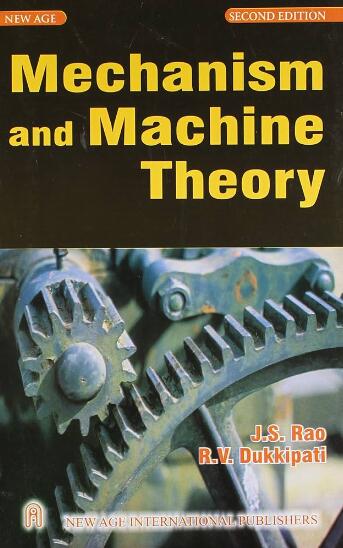基于可靠性的滚珠丝杠进给系统关键部件设计优化
IF 4.5
1区 工程技术
Q1 ENGINEERING, MECHANICAL
引用次数: 0
摘要
滚珠丝杠作为高精度机械传动系统中的关键部件,其设计直接影响传动精度和整个系统的稳定性。针对传统确定性设计方法在加工误差和材料不确定性方面存在的不足,提出了基于可靠性的滚珠丝杠进给系统优化设计方法。提出的多目标框架保持加工精度,同时最小化系统质量和最大化动态性能,受非线性刚度可靠性约束。采用Kriging代理模型来近似复杂的数值计算,提高了计算效率。通过集成有效的元启发式算法确定全局最优。通过静载试验、模态锤击试验和振动响应试验验证了该模型的有效性。数值模拟结果表明,与传统确定性设计相比,系统刚度可靠性从74.25%提高到93.51%,系统质量降低约8%,而固有频率基本保持不变。本研究的潜在价值在于指导BSFS在设计阶段的优化。本文章由计算机程序翻译,如有差异,请以英文原文为准。
Reliability-based design optimization of key components in the ball screw feed system
As a critical component in high-precision mechanical transmission systems, the design of ball screws directly affects transmission accuracy and overall system stability. Aiming at the shortcomings of traditional deterministic design methods in processing machining errors and material uncertainties, this paper proposes a reliability‑based design optimization (RBDO) for a ball screw feed system (BSFS). The proposed multi‑objective framework maintains machining accuracy while minimizing system mass and maximizing dynamic performance, subject to nonlinear stiffness reliability constraints. Computational efficiency is improved by employing a Kriging surrogate model to approximate complex numerical calculations. A global optimum is identified by integrating an efficient meta‑heuristic algorithm. The proposed dynamic model is verified by static loading tests, modal hammering tests, and vibration response experiments. The numerical simulation demonstrates that, compared to traditional deterministic design, system stiffness reliability is increased from 74.25 % to 93.51 %, and system mass is reduced by about 8 %, while the natural frequency remains nearly unchanged. The potential value of this research is to guide the optimization of BSFS at the design stage.
求助全文
通过发布文献求助,成功后即可免费获取论文全文。
去求助
来源期刊

Mechanism and Machine Theory
工程技术-工程:机械
CiteScore
9.90
自引率
23.10%
发文量
450
审稿时长
20 days
期刊介绍:
Mechanism and Machine Theory provides a medium of communication between engineers and scientists engaged in research and development within the fields of knowledge embraced by IFToMM, the International Federation for the Promotion of Mechanism and Machine Science, therefore affiliated with IFToMM as its official research journal.
The main topics are:
Design Theory and Methodology;
Haptics and Human-Machine-Interfaces;
Robotics, Mechatronics and Micro-Machines;
Mechanisms, Mechanical Transmissions and Machines;
Kinematics, Dynamics, and Control of Mechanical Systems;
Applications to Bioengineering and Molecular Chemistry
 求助内容:
求助内容: 应助结果提醒方式:
应助结果提醒方式:


